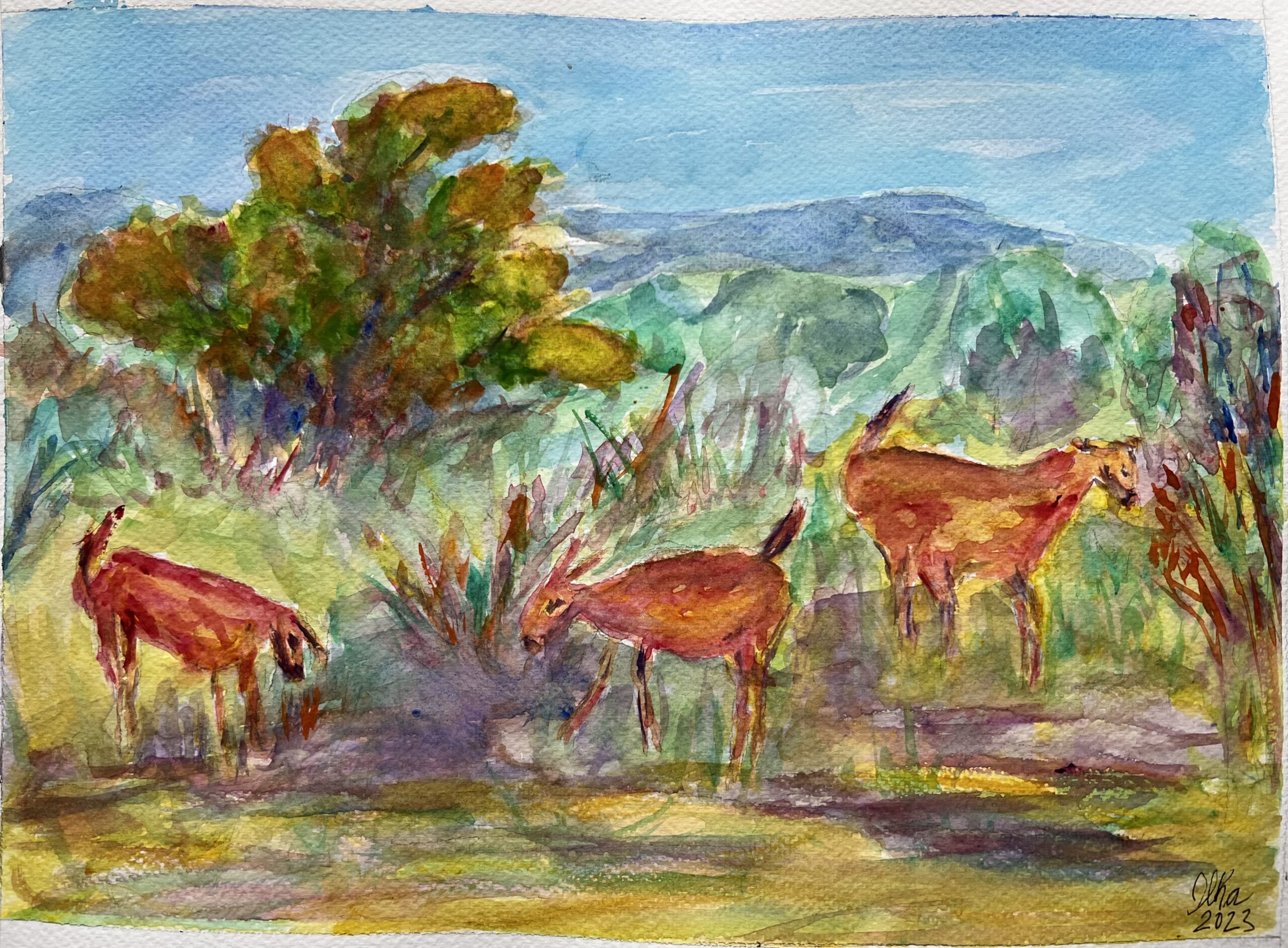Translated by Marvin Najarro
They leave their homes: in villages, towns, cantons, hamlets, shantytowns … with no direction in mind, like dry leaves blown by the wind, dead souls, slandered, beaten, abused, rejected and stigmatized.
Little is known about them; they are invisible, the state and society marginalizes them, they are the victims of classism and racism, and their honor stained by the patriarchal system. Their country forces them to abandonment and to migrate.
They venture on the railways, in freight cars, in wagons, amid hills and mountains, they sleep on sidewalks, in landfills, they cross deserts, rivers, fences. They run restlessly, tormented, with fear traversing their heads, their mouth dry, their skin scratched, their gaze lost, their decision firm, and with the power of the outcasts.
With their legs soaked in blood, with their milky nipples, the same clothes, broken shoes, hungry and thirsty. Sleeples, scared and stunned. They migrate in flocks, hundreds every day.
While on their way they are stigmatized again, raped, beaten, marginalized. Fear increases, anxiety deepens, paranoia settles in the blood and beats like tachycardia in their incorruptible hearts.
They leave their homeland, the nest, their children, their dreams. Overwhelmed they take their pains, disillusions and frustrations, as an obligatory burden, as the ancestral burden of marginalized women.
They leave in search of life, life for their offsprings. They go in search of air, solid ground, of an opportunity. Few achieve it, few manage to reach the end of the trip; in the course of which many are disappeared, killed, buried in clandestine graves, melted in acid, and burnt with gasoline. Victims of human trafficking for purposes of sexual exploitation, labor and organ trafficking. Girls, adolescents and women end up their days serving customers in dating houses, bars and cellars, where they are beaten and raped to death.
Others die in the desert, in the drought, among the bones of others who also tried their luck, among cactus and dust. They drown in the rivers, and float like rubbish that nobody sees, or if they do don’t care about it. They lay on the tracks when they fall from the train wagons or are thrown down by bandits after having assaulted and raped them.
Little is said about them, they only exist if they reach the other side and transform themselves to become remittances, then they’re classified by numbers, delivery dates and by funds transfer. And again, just as the country of origin did, they’re deprived of their dignity, of their essence of human beings and also, again, transformed into objects, cheap labor that in the diaspora makes them outcasts, like the thousands who migrated, are migrating and will continue to do so.
In the International Women’s Day, I bow down to them, the migrant women in transit.
If you share this text in another website and/or social media, please cite the original source and URL: https://cronicasdeunainquilina.wordpress.com/2017/03/11/the-migrant-women-in-transit/
Ilka Oliva Corado @ilkaolivacorado contacto@cronicasdeunainquilina.wordpress.com






